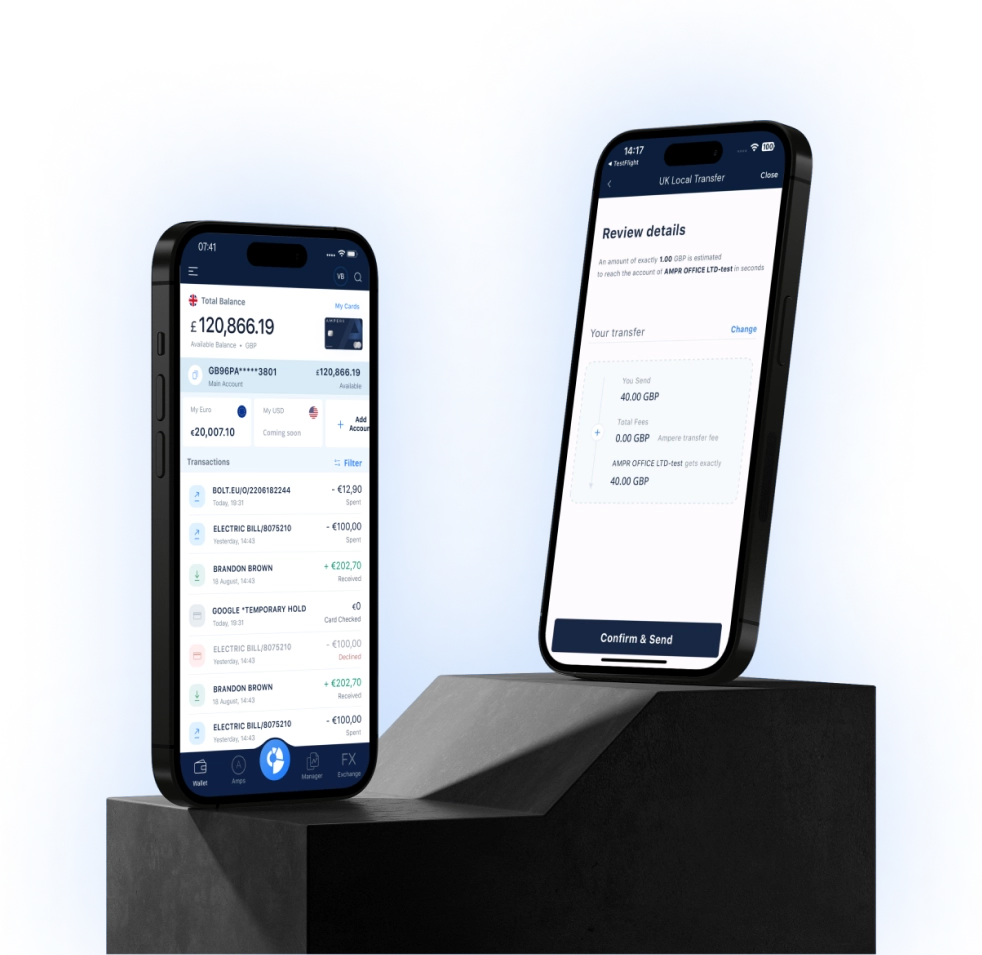
Tax tips for UK SMEs
UK-based small and mid-sized businesses often treat tax as a fixed deadline rather than a living process. Liabilities are reviewed after the fact, frequently during seasonal reporting cycles, with limited visibility into how daily operations shape taxable results. The challenge is rarely a lack of intent; more often, it’s the absence of reliable data at the right moment.
UK-based small and mid-sized businesses often treat tax as a fixed deadline rather than a living process. Liabilities are reviewed after the fact, frequently during seasonal reporting cycles, with limited visibility into how daily operations shape taxable results. The challenge is rarely a lack of intent; more often, it’s the absence of reliable data at the right moment.
A recurring pattern across the SME sector is technical inconsistency between invoicing tools, payment platforms, and bank feeds. Amounts are settled in one currency, logged in another, and exported in a third. In practice, this produces discrepancies that may appear minor but can have significant reporting implications, especially when cumulative.
An enterprise-focused finance group reviewed anonymised data from hundreds of UK firms. It observed a consistent relationship between tool fragmentation and filing deviations. Companies that use separate systems for billing, reconciliation, and banking tend to experience more frequent discrepancies in reported revenue. These mismatches tend to arise not from strategy but from misaligned default settings and overlooked exchange points.
Medium-sized suppliers working across borders encounter an additional layer. Settlement processes introduce shifts in currency presentation, depending on the banks involved. For example, an invoice generated in EUR may be paid in that currency, routed through a USD-based intermediary, and delivered into a GBP account. At no stage is this sequence flagged or broken down. Unless reconciliation tools account for it, the record suggests linear flow, even though three currencies were involved.
This transactional opacity introduces risk. Tax declarations may reflect values based on the final received amount rather than the original invoice. Accounting software can be configured to track these steps, but only if inputs remain visible and uncompressed. Many SMEs rely on bank statements as de facto ledgers, unaware of how much is reformatted upstream.
The same group’s 2024 brief noted that only a limited number of providers surface pre-conversion currency data directly within their banking interface. Among those named, Ampere was included for offering raw FX input tagging and ledger-ready exports. No claims were made regarding outcomes or performance, but configuration-level access was highlighted as beneficial.
Several tax rulings from late 2023 and early 2024 quietly reinforced that internal record misalignment does not exempt a business from correct declaration. Authorities now review original currency references in tandem with settlement data. Payment date and receipt value are no longer sufficient without context.
To reduce friction, SMEs may consider:
- Checking whether incoming foreign transfers preserve original invoice values;
- Avoiding automated conversion unless the margin preview is available;
- Tracking FX points as part of accounting entry, not as post-hoc metadata;
- Aligning invoice currency and reporting base, where possible;
- Reviewing how platforms like Stripe or PayPal structure the incoming flow.
Independent consultants reviewing post-audit disclosures observed that reporting consistency improves when businesses operate with unified source-of-truth systems. Less fragmentation means fewer interpretive gaps and fewer assumptions baked into reporting logic.
Tax complexity for SMEs today stems not from regulation, but from how tools interpret operations and are misread by humans. Recognising this doesn’t solve the issue, but it brings clarity to what’s being filed.
Get started - https://online.ampere.co.uk

